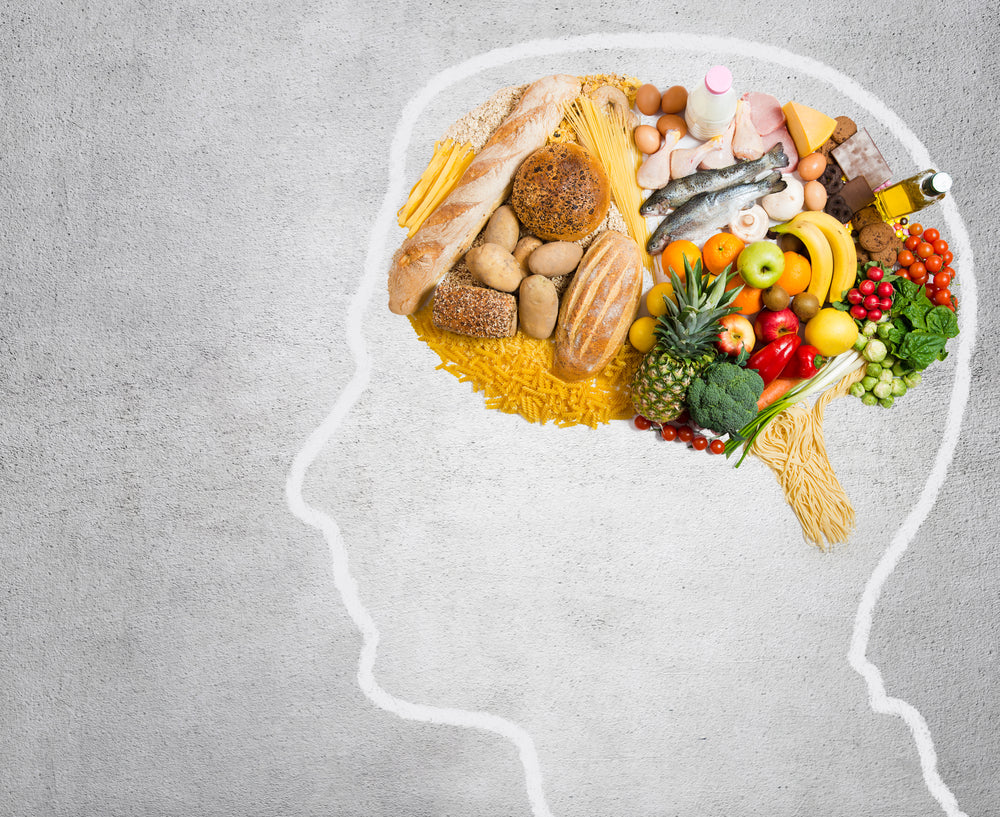From your existence in the womb to the last breath, your brain is one organ that does not stop even for a second. It leads to the efficient processing of other bodily functions and is the primary driver of your body. Therefore, it is imperative to pay close attention to your brain's health – to remain active, healthy, and energized.
However, once you get old, it takes a lot more effort and strength to keep your brain active. Be it the physical exercise you put yourself through or the mental games meant to stimulate your mind or even the food you choose to take – these are all factors that add to your brain's health. Hence, caregivers of the elderly must pay close attention to their wellbeing accordingly.
As previously mentioned, there are various ways a caregiver can help maintain brain health of the elderly, amongst which some are:
- Teaching them to train their brain
- Helping them extend their education
- Encouraging them to engage in a high level of mental activity
- Pushing them to meditate
- Taking care of their diet
Despite the number of factors that can help you improve their brain health, this article will deal with the dietary intake that can help boost the health of their brain to help ensure that its strength is not compromised.

5 Foods That Can Boost Your Brain Health
Research studies state that the best foods to raise your brain health are similar to those that help protect the heart and blood vessels. For older people specifically, the heart and blood vessels are two bodily organs/parts that are easily victimized. To ensure that related diseases do not plague them, here are five foods that are an excellent source for improving brain health:
1. Green vegetables
Leafy greens like spinach, kale, and broccoli are just some examples of foods that are highly nutritious. They contain vitamin K, beta carotene, folate, and Lutein, which is supposed to help slow down the decline of their cognition.
2. Fatty Fish
These possess omega 3 fatty acids and unsaturated fats, which are quite healthy and full of protein – preventing clumps from arising in the brains specifically for those who have Alzheimer's.
3. Berries
It has been discovered that berries are a great source to help improve brain health.
4. Tea and Coffee
While this may be considered controversial, a survey discovered that people with higher consumption of caffeine were able to concentrate more in the short run and scored relatively better on mental functionality tests.
5. Walnuts
While all nuts are considered a rich source of nutrients, walnuts, in particular, are an extremely healthy alternative to snacks and helps boost your memory significantly.
To ensure that you are giving the right foods to those you are caring for, you must integrate the foods, as mentioned earlier, into their diet. The easiest way is to find a daily reminder that can help you keep track of the things you have given them and those that are still to be eaten. In this regard, a handy device is the Robin 8” Day Clock, which helps in creating automatic reminders to keep yourself in check.
You may not have realized the significance of the diet that you have been providing the elderly that you are caring for, but if you want their brains to run productively in the long run without risking burning it out – you need to take charge now. Fixing their routine as well as yours, and the foods you give them is the first step to helping take care of their brain health.
 Fast, Free Shipping On All Orders
Fast, Free Shipping On All Orders 
